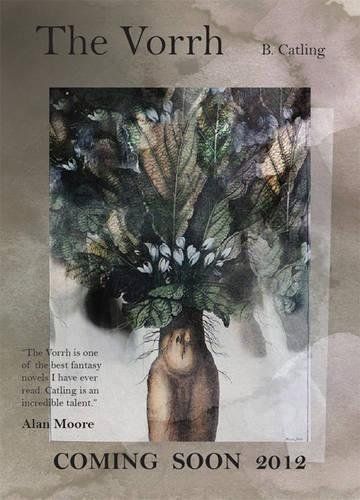
The Vorrh
Taking its name from the imaginary African forest in Raymond Roussel's Impressions of Africa, The Vorrh is a magnificent, vibrant backdrop on which to stage a high octane narrative led by hunter, Tsungali, the Cyclops, Ishmael and famous photographer Eadweard Muybridge. In contrast with the tired cliches of the traditional fantasy tale, The Vorrh is an invigorating, epic fantasy at its most original, ground-breaking and visionary.
Reviews
Nezumi@nezumi_reads
Kyle Curry@kcurry24
Emily Perkovich@undermeyou
Emily Perkovich@undermeyou
Phil James@philjames
Bryan Alexander@bryanalexander
Eric Jacobsen@eric_wvgg
Martin@mrtnmgs
Sadie Kimbrough@skimbs
Robin Howie@robinhowie
Hannah Swithinbank@hannahswiv
Vanda@moonfaced
Verkson@verkson
Mutter@mutter
Lucy Hay@lucyisabel
Jan Jackson@pilgrim
elisa luengo@macagundeu
Moray Lyle McIntosh@bookish_arcadia
Emily Booth@emilybooth
Julianne@ghoulish
Tim Vos@roquentin
Katelyn @woodlandbookfaerie
Adrian Longbotham @adrianlongb